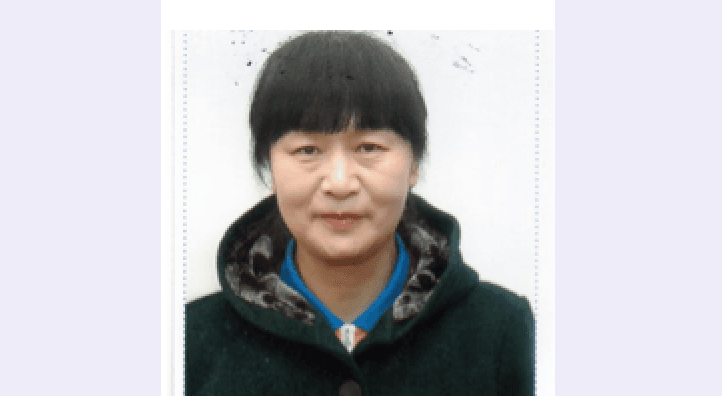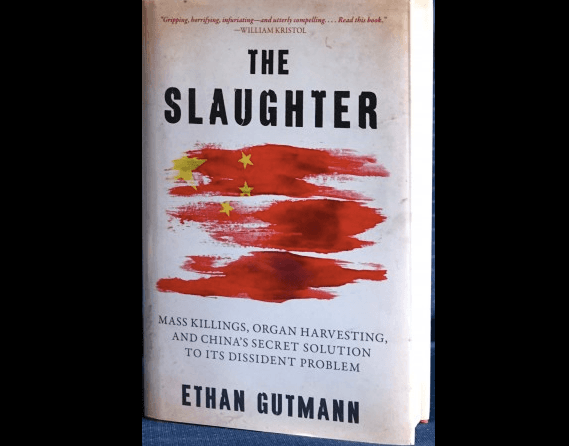Fifty-six Chinese practitioners of Falun Gong, a traditional meditation practice, are on the brink of deportation from South Korea to China where they would face psychological abuse, physical torture, and death.
Since before 2002, the South Korean government has been pressured by the communist regime in China to take the same line with Falun Gong as is used in China to this day, namely, “Ruin their reputations, bankrupt them financially, and destroy them physically.” This directive was issued in 1999 by Jiang Zemin, then head of the Chinese Communist Party (CCP) and the governing regime.




